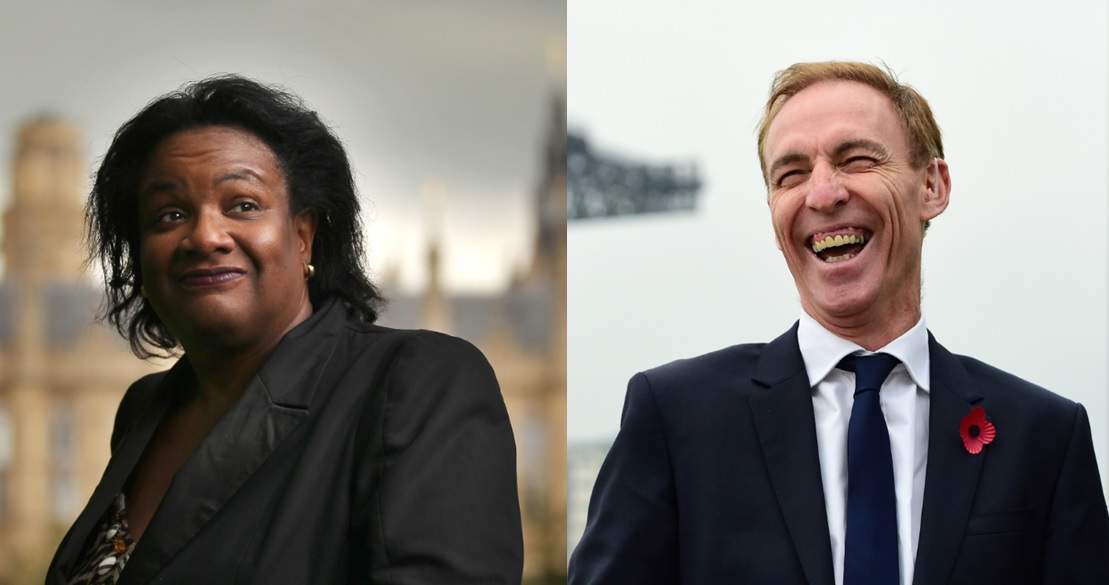
Scottish Labour’s new leader, Jim Murphy MP, has caused a kerfuffle in his own party with the way he has pledged to use a mansion tax. His proposal is to use money raised by the national party’s mansion tax policy to fund 1,000 new nurses in Scotland:
We will get the money for 1,000 extra nurses not by increasing taxes and the pressure on the working class, but by introducing a new tax – a mansion tax on houses worth over £2m most of which is in London and the southeast.
It’s a real win-win for Scotland. If Labour wins the election this May and win again in 2016 we will start recruiting those nurses on day one.
The way he has framed this policy as Scotland benefiting from taxes accrued in London specifically has not only caused EVEL-backing Tories to call Murphy’s idea an “outrageous bribe”, but has riled politicians in his own party. It’s already well-known that a number of Labour MPs representing London constituencies are less than enthusiastic about Ed Miliband’s mansion tax, and Murphy’s somewhat unsubtle framing of the policy has exacerbated these grievances.
Hackney MP and mayoral hopeful Diane Abbott has criticised Murphy for attempting to “buy” votes with this policy. She said Murphy, “just thinks he can buy Scottish votes with money expropriated from London”, and accused him of “jumping the gun in an unscrupulous way”.
Other London MPs and potential mayoral candidates have also attacked Murphy, with Tottenham’s David Lammy saying money from London should not be “siphoned off to other regions”, and Tessa Jowell warning against the city, “simply act[ing] as the cash cow for the rest of the UK”. And Labour London Assembly member and housing spokersperson, Tom Copley, added to the fray: “The way Jim Murphy phrased mansion tax comments [is] extremely unhelpful. Whole country inc[luding] London will benefit from extra NHS spending.”
Murphy has responded today to Abbott, who forgot his name and called him “John Murphy” on the BBC’s World at One, rather robustly:
Diane Abbott should maybe concentrate on supporting the Labour Party’s policy rather than forgetting my name or attacking my approach to what I do in Scotland.
He insisted, “I’m in charge” of areas devolved to Scotland such as the health service, and added, “I don’t have to consult Diane Abbott about what I do in the Scottish Labour Party”.
The one thing that unites these rowing high-profile Labour figures is that they are all using the mansion tax for political capital. Murphy is using it as an opportunity to appeal to Scottish voters by hitting London, and also showing both his party and Scotland who’s boss. We knew this would be his approach when, the day after he was elected leader, he made clear he did “not need to consult” Miliband about Scotland. Ever since, he has been attempting to assert his distance from the leadership in London, in order to take Scottish Labour away from the idea of it being treated merely as a “branch office”, as his predecessor described it.
Simultaneously, London MPs with mayoral ambitions such as Abbott are using this row to show their negativity towards a mansion tax by warning that London is in danger of being used to devolve money to the regions. The idea here is to appeal to their constituents, and also potential voters in the London mayoral election. However, how successful their straying from the party line on the mansion tax will be politically is questionable. The mansion tax is backed by 72 per cent of the public and 59 per cent of Londoners, and the vast majority of London’s voters do not own £2m houses.



